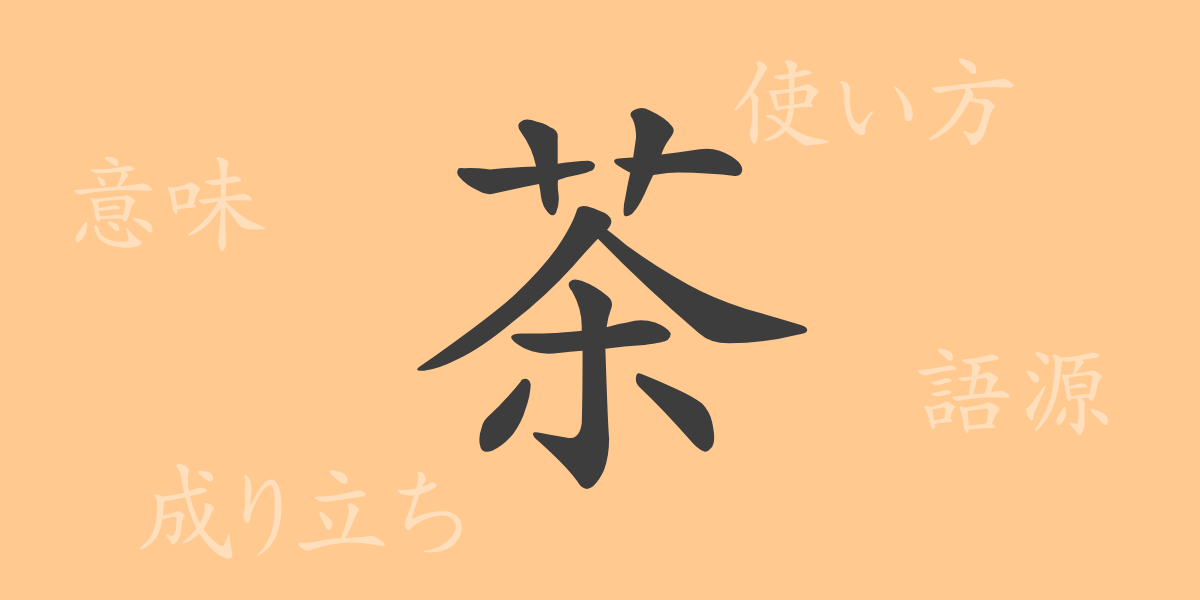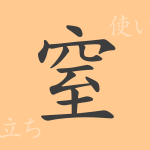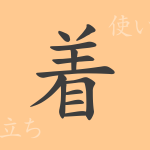Deeply rooted in Japanese culture, “茶(ちゃ)” is an essential element of daily life, embodying a rich history and significance that transcends mere beverage. This article explores the Kanji “茶,” from its origins to its contemporary significance, including its meanings, usage, and its profound role in Japanese life, presenting tea not just as a drink but as a philosophy.
Origins of “茶(ちゃ)”
The Kanji “茶” originated in ancient China, where wild tea trees were used to create beverages long before the establishment of the Kanji. The term traces back to the ancient Chinese character “荼,” which evolved into “茶” over time. It was introduced to Japan during the Tang dynasty, accompanying the spread of Zen Buddhism and the deep-rooted tea culture.
Meaning and Usage of “茶(ちゃ)”
“茶” primarily denotes the beverage made from dried leaves of the tea plant. It also refers to the act of drinking tea and the culture and ceremonies surrounding it, as seen in phrases like “お茶を飲む(drinking tea),” “茶室(tea room),” and “茶の湯(traditional Japanese tea ceremony).”
Readings, Stroke Count, and Radical of “茶(ちゃ)”
The Kanji “茶” is a common sight in Japan, integral to everyday interactions.
- Readings: On’yomi “チャ” (Cha), Kun’yomi “さ” (Sa).
- Stroke Count: 9 strokes.
- Radical: “艸(くさかんむり)” (grass).
Phrases and Idioms Using “茶(ちゃ)”
The Kanji “茶” appears in various idioms and phrases, reflecting its cultural significance:
- “茶の湯(ちゃのゆ)” – Traditional Japanese tea ceremony.
- “茶を濁す(ちゃをにごす)” – To obscure or evade a matter, a common idiom.
- “茶の子さいさい(ちゃのこさいさい)” – Everything is peaceful and nothing is amiss, a proverb expressing tranquility and uneventfulness.
Conclusion on “茶(ちゃ)”
From ancient China to modern Japan, “茶” has been more than just a beverage; it represents a spiritual and cultural fabric embedded in Japanese society. “茶” provides not only a moment of respite but also serves as a pivotal medium for social interaction and cultural continuity. Through this article, we hope to have enriched your understanding of “茶” and its integral role in Japanese culture.

























